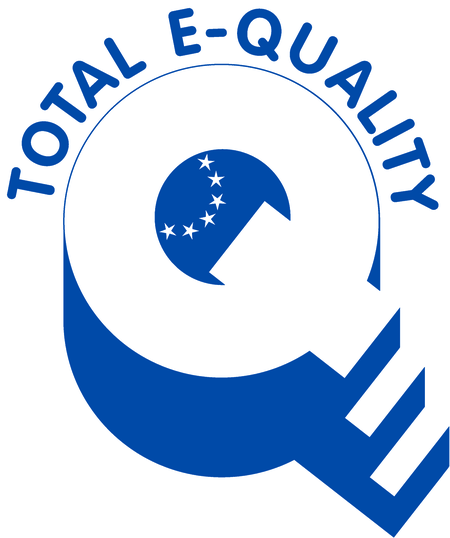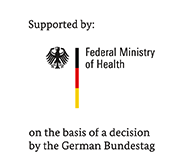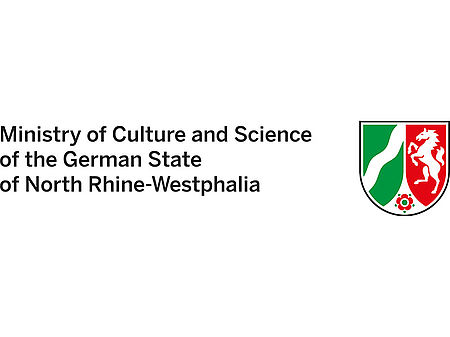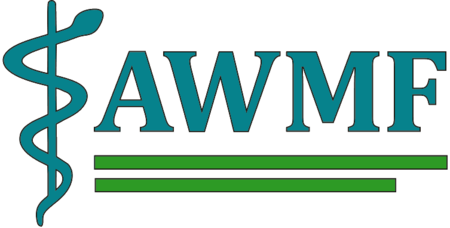What does the term 'open access' mean?
Open access means unrestricted access to knowledge. It encompasses the following key aspects:
- Providing free and open access to academic publications and research data in electronic formats without financial, legal or technical barriers
- Ensuring that authors maintain the exploitation rights to their work and only grant a non-exclusive exploitation right to the publisher for the purposes of publication
- Quality assurance, generally through the peer review process
What are the benefits of open access?
- Open access speeds up the publishing process, thereby enabling faster access to academic publications and enabling research results to be used sooner.
- Open access improves the accessibility of publicly funded academic publications and research data. This makes it easier to re-use research results.
- Open access increases the visibility and impact of research work. This creates a citation impact advantage, i.e. it increases the frequency with which a publication is cited. This impact can be further reinforced by the ability to quickly disseminate research results through social networks.
- Open access promotes an interdisciplinary focus of research and cooperation.
- Publications are made available permanently and independently of any single publisher.
- Open access facilitates and improves the transfer of knowledge between the academic and research community and society as a whole.
Open access publishing of research data also offers a number of advantages:
- It makes it possible for other researchers to check and verify research results.
- It prevents the same work being done twice. That means researchers can build on existing work to go further in their research and make more of the available funding.
- The possibility of aggregating data increases the opportunities to gain knowledge and obtain new findings.
Open access is actively supported by the majority of universities both in Germany and in other countries and by four key German research organizations: the Fraunhofer Society, the Helmholtz Association, the Leibniz Association and the Max Planck Society. The German Research Foundation (DFG), the German Federal Ministry of Education and Research (BMBF) and the European Commission (EC) are also actively involved in promoting open access. As well as anchoring the principle of open access in the conditions they stipulate for providing funding, many of these organizations also promote projects which improve accessibility to academic and scientific information.
See also
Funding: what requirements do funders impose in regard to open access?
What are the different types of open access?
There are essentially two ways in which authors can provide open access.
- The first is to publish their article in an open access journal, known as 'gold' open access.
- The second choice is the 'self-archiving' of an article that has been published elsewhere, an option known as 'green' open access. An article can be self-archived by depositing it in an institutional or subject-specific repository, on an institutional or private website, or in an archive. Self-archiving can either be carried out alongside or after an article's publication.
See also
Electronic publishing: what are the key issues to consider when publishing articles in open access journals?
Electronic self-archiving: what are the key issues to consider when self-archiving publications in open access repositories (including document servers and online archives) or on websites?
What costs are involved in open access?
Although open access publications can be used for free, there are still costs involved. These include the costs of running a journal, such as preparing articles and making them available, organising the peer review process, and performing other related tasks. In non-open-access business models, these costs are recouped through the subscription model, which means that libraries and other subscribers pay for licences in order to use these journals or make them available.
Problems of the subscription model
- Articles from subscription journals are only accessible to people who are members of an institution which has licensed the journal. That may cause delays or interruptions in the research process. Although the required article can be ordered through an inter-library loan or pay-per-view service, this inevitably causes additional costs and delays. The subscription model also excludes interested parties from using an article if they are not members of a subscriber institution.
- Increases in subscription prices have led to a situation often referred to as the "journal crisis": libraries only have a limited budget available for journal acquisitions and are put under pressure to cut their costs at times when financial resources are tight. As subscription prices rise, many libraries are being forced to cancel their subscriptions to academic journals. As a result, the journals cease to be available to the members of the respective institutions, leading to further restrictions on the supply of scholarly and scientific information.
The open access model
The open access model is an attempt to bypass this problem. Publication of an article in an open access journal typically requires payment of an article processing charge (APC), also known as a publication fee. Use of the article is then free, and the publications can be accessed on the internet. Not all journals apply APCs. Some journals receive alternative funding e.g. from institutional financial resources.
See also
Publication fees: what are the different ways of covering article processing charges?
Disclaimer
Important note: The information and links provided here do not represent any form of binding legal advice. They are solely intended to provide an initial basis to help get you on the right track. ZB MED – Information Centre for Life Sciences has carefully checked the information included in the list of FAQs. However, we are unable to accept any liability whatsoever for any errors it may contain. Unless indicated otherwise, any statements concerning individual statutory norms or regulations refer to German law (FAQ updated 11/2017).
Contact

Dr. Jasmin Schmitz
Head of Publication Advisory Services
Phone: +49 (0)221 478-32795
Send mail






